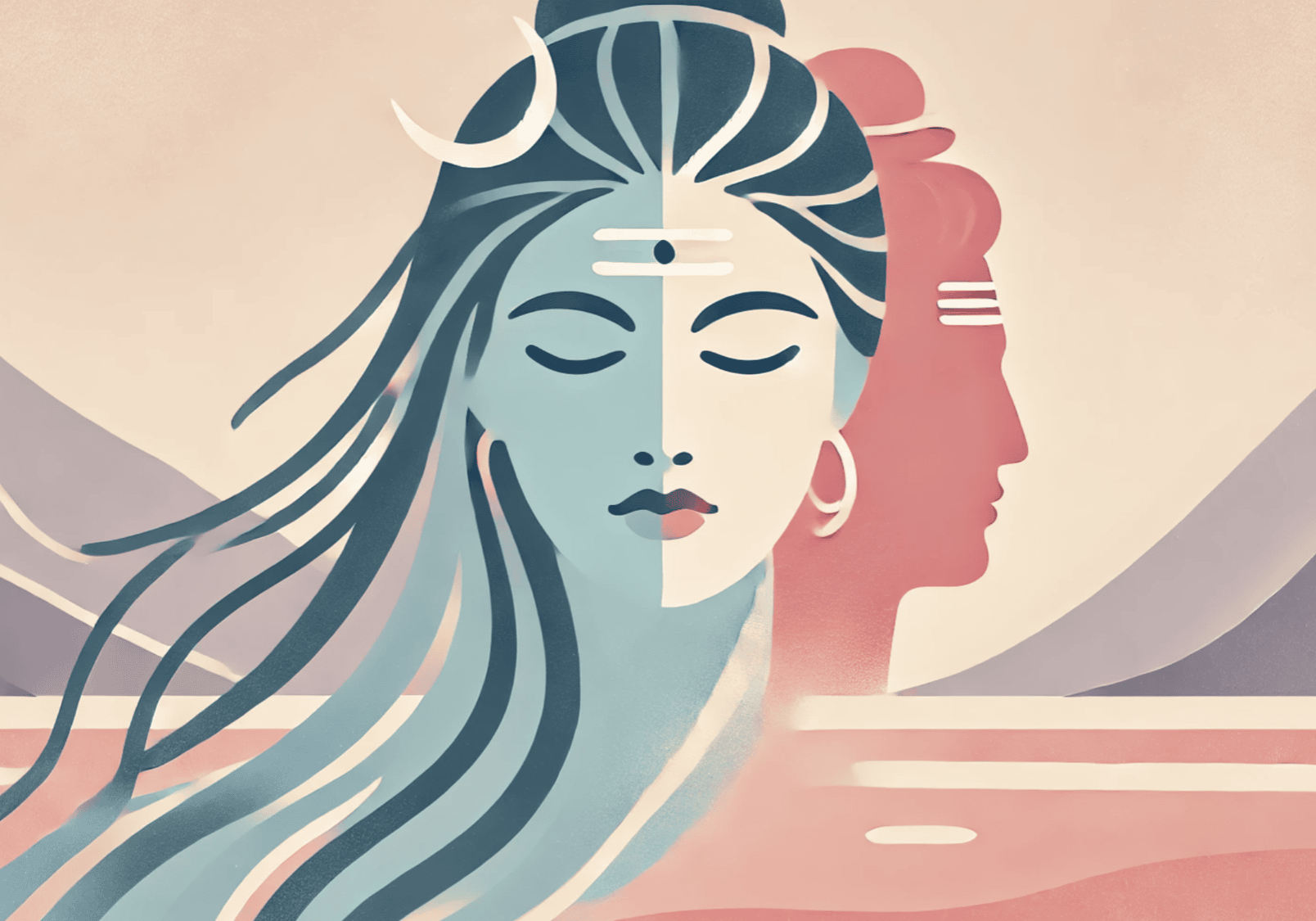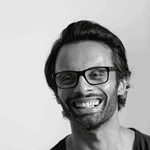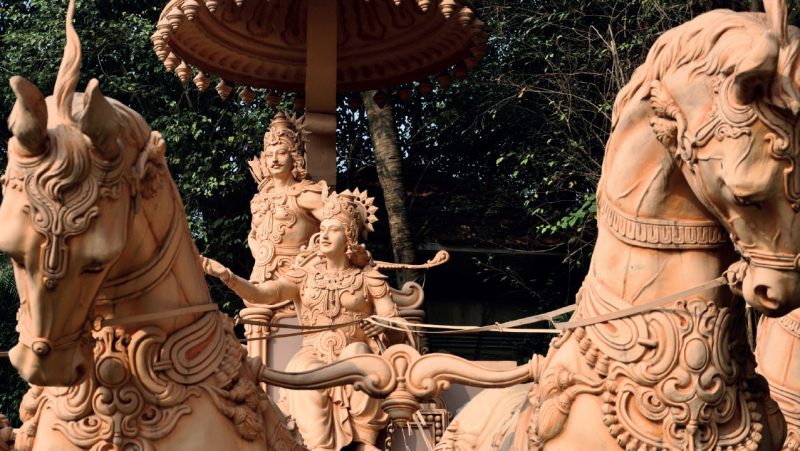
The First Yogi Part 1
How the First Yogi and Princess Parvati Unveil the Essence of Yoga and Divine Consciousness - By Zahir Akram
Reading time: 3 minutes
A very long time ago, perhaps as much as 15,000 years ago, before anyone had heard of Yoga or the Bhagavad Gita or even Tantra, a unique looking man was seen wandering around the upper region of the Himalayas. No one knew his name.
No one knew who he was. No one knew where he had come from. As time passed his legend grew. He was seen very rarely but when he was, he was seen in cremation grounds dancing wildly, or he would be sat completely still, his eyes closed. He would sit motionless for many months at a time.
At this time only a few million people lived on earth, so the region of the Indian subcontinent was not as populated as it is now. All the people of that part of the world soon began to speak of this wandering yogi. Some believed he was a myth created by the elders to frighten children. Others believed he was possessed by spirits. Those discarded by society found him fascinating. Those who ruled found him frightening.
He was described as 7 foot tall with long matted hair. His body smeared in ash and sometimes even blood. On occasions he appeared to have no clothes on. At other times he had the skin of a dead animal draped over his shoulders.
He carried a trident in one hand and a skull in the other and wherever he wondered he was followed by the few who believed he was of divine origin. When he danced wildly he appeared completely inebriated. When he sat silently he looked eternally peaceful.
"Then a certain ascetic (one with matted hair) wearing an antelope's skin, and holding a staff, of ripe speech and burning with lustre, entered the forest, like a lord in bodily form".
Another who was fascinated by him was the Princess Parvati. She was the daughter of Himavan, the King of the Himalayas. When she heard descriptions of this wandering man amidst the cremation grounds, she became infatuated. The descriptions she was told, the whispers she had heard, all matched that of the man she had been seeing in her dreams since childhood.
When Parvati travelled to find him, she would feel her body and even her soul drawing itself towards him. She didn't need a map or directions, she just followed her heart. Her soul drew itself towards him as if they had been separated since the dawn of time. Although they had never met, Parvati longed to be with him.





